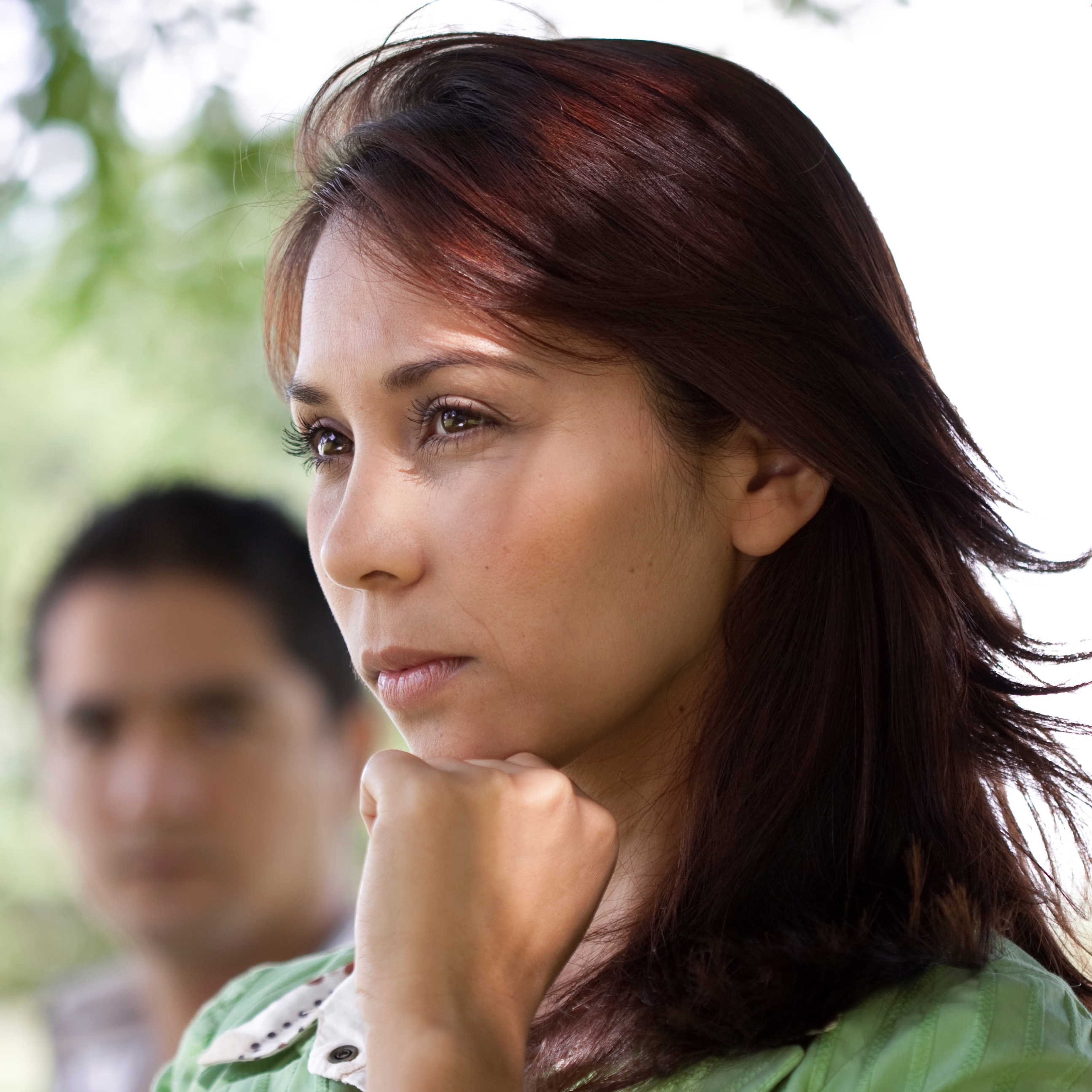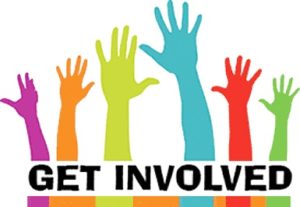In this month's PAC-UK guest blog adoptee Danielle provides an account of how adoption feels for her. A huge thank you from all at PAC-UK to Danielle for sharing her personal feelings in this guest blog.

For many adoptees, the term ‘adoption' can trigger feelings of loss, grief, anger and confusion. We have lost our birth parents, siblings and culture. This grief can create and stir feelings of uncertainty, and a lot of the time adopted children and adults will feel they are to blame. I have often thought “what is wrong with me?” - I will take more about this later.
One of the most difficult and painful concepts for adoptees to understand is why we are not able to live with our birth family. This grief, anger and confusion can regularly resurface throughout different stages of our lives. The most painful experience an infant will have to go through is the pain from being separated from their birth mother which is the primal wound.
The concept of identity starts in childhood, and becomes more prominent throughout the teenage years. This is when we begin to explore who we are, and where we come from. For adoptees, searching for answers to these questions can be a difficult and complex process. For adoptees that are in a closed adoption finding answers becomes a necessity.
In adoption identity is something that is important and holds a special place in your heart. We fight with many questions including; “who am I, where do I belong, who are my birth parents?” Those who are not adopted and have grown up in their family home never have to question or think about these things. Sometimes these questions can become all-consuming for adoptees and interfere with our personal growth and development.
When we have no information about our cultural, genetic or medical background we can feel incomplete and this then creates an idea of feeling disconnected with our birth family. We face a life long journey working out who we are in relation to both our adoptive and birth families. We wrestle with the question of who we are and where we belong.
We feel guilt and shame. We feel guilty for not feeling happy about being adopted. We feel guilty for loving and missing our birth mothers but at the same time also feel guilty for the anger we feel towards our birth family. We feel guilty for loving our adoptive parents and we feel guilty for not being able to love and connect with them. We feel guilty for the constant anger and sadness we feel. We feel shame that we are different and that’s why we can often take a defensive attitude. This starts with the feeling of rejection and we blame ourselves for being adopted. We as adoptees tend to blame ourselves for things that have gone or turned out wrong which was out of our control.
Being adopted can make you feel lonely. It can be difficult navigating this world with people who don’t understand what we’ve had to go through, and why we feel so many different emotions towards being adopted. The sense of wanting to belong can be so prominentat times. I feel adoption is a sensitive thing for me because that's when I lost part of me.
When I think of describing myself in one word or a phrase the first thing that comes to my mind is adoption which I now think of as both a negative and positive.
I spend much of my free time lost in thought about my birth parents and my genetic identity. I have been obsessed with the questions of my existence of who I am and where I come from. These questions for me as an adoptee have more prescience than they do for a person who isn’t adopted. My mind is never at rest, thoughts flow through and I'm always thinking – mainly about my family. In a day I would say I would think of three to four thoughts split into different segments with around five to six questions. It is a lot of questions thinking about how I got here and who I belong to.
Curiosity is a big concept in adoption. You want to know the answers so badly but at the same time accepting that you may not able to have all the answers you are searching for (or the answers that you want to hear) is something we have to accept. Everyone's story is different, and how everyone perceives and understands things is different, and that's why everyone is unique, and that's the beautiful thing about life.
If everyone was adopted then people would probably accept being adopted more, and things would be easier but then at the same time they would be judging people who were not adopted which would be a horrible thing and vice versa. As an adoptee we have different waves of acceptance. We accept everything but we also have many vulnerable points and triggering moments where we feel the pain of when we were a child. Learning how to balance these feelings and accept them is crucial.
Many people who have not had a personal experience with adoption don’t understand that adoption is trauma. I have found that helping others helped me with my own struggles. It’s important not to make things all about you because you never know what other people are going through.
In adoption trust is a big issue. For me trust is being transparent and consistent. Trust is also openness, and I think that’s the foundation of personal development. Getting the balance right and not trusting too early is also really important. The more a person is consistent with me the more I am going to trust them. When I experience moments of inconsistency like when a person in my life doesn’t answer my phone calls, or ignores my messages, or leaves out of the blue this distresses me because I feel they could leave me without any warning.
Adoption is not who we are. It’s important to accept our stories but knowing we are more than a story.
As we mature and grow our understanding of ourselves and our adoption journey will change and we will begin to see ourselves differently and embrace more of who we are. Knowing how to deal with your past and making sure it doesn’t control your future is important.
Along my journey I have learned to not look at just the negatives, and to focus more on the positives in things. I always say to myself it may seem that I’m the victim because I was removed and sent away, but it’s important to not just focus on that. This is a piece of my past and it’s unfortunate that I had to go through that, but this is something that I can overcome and learn from.
I have learned that I want to be in a healthy relationship and don’t want to be with anyone that abuses, hurts or treats me badly. My past is not going to prevent me from living the life I want to live. Just because I’ve had to go through this and have had a difficult start to life, doesn’t mean I’m not able to achieve things.
For this reason I have high expectations of what I want to achieve in the future. For me, being able to do these things takes a lot of hard work, effort, perseverance, time and sacrifice. What I’ve learnt from everything, is that if I am sad it’s okay to cry, time heals wounds, and focussing on the positives in life really does help.
It’s okay to feel emotions and it’s okay to go through a grieving process to work through all of those feelings I’ve had. Feelings are valid and are okay.
I also believe it can be counter-productive to always think about the past and the ‘what ifs’. Staying angry at the people that hurt you will prevent you from doing things you love, and will just make you a sad, which is not good at all.
Danielle | June 2020

Become a PAC-UK 'guest blogger'
Please note, all content published on this page is provided by our guest blogger/s, based on their real-life experiences. We invite you to discuss this blog via PAC-UK's Twitter profile and ask you to tag @PACUKadoption in to your posts and use the hashtag #PacukBlog
This blog is the seventeenth of our monthly 'guest blogger' platform which we started in 2019. We would love to hear from adoptees, birth parents (and relatives), adoptive parents/carers, special guardians and professionals who are interested in taking part in future blogs. If this interests you please email leon@pac-uk.org.




